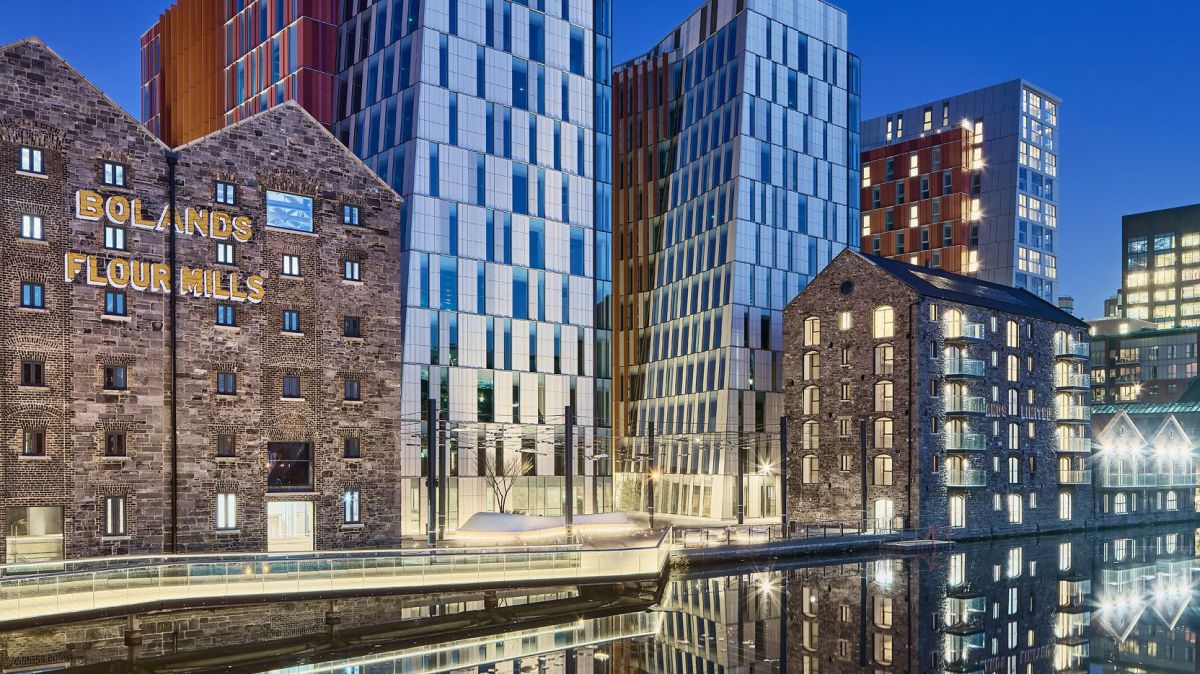The agreement, revealed on Sunday by US President Donald Trump and European Commission President Ursula von der Leyen, imposes a 15% tariff on EU goods entering the United States, half the 30% tariff initially threatened by Washington.
Ireland, which counts the US as its largest export outside of the EU, had been bracing for severe disruptions to trade. In 2024 alone, Irish exports to the US were valued at over £60 billion (€71 billion), highlighting the importance of maintaining stable transatlantic trade relations.
“We’re not popping champagne corks here. This is not a good deal, but it’s probably the least bad option available to us,” said Richmond. “The alternative would have been catastrophic for Irish businesses.”
The deal, described by von der Leyen as a “framework” rather than a final agreement, still requires additional technical negotiations and the formal backing of all 27 EU member states. EU ambassadors are expected to convene this week for a detailed debriefing from the European Commission.
Despite its limited scope, the agreement has been welcomed by Taoiseach Micheál Martin, who described it as “very welcome” news that marks “a new era of stability” and will help “protect many jobs in Ireland.” However, he acknowledged that the tariffs, though reduced, still make trade “more expensive and more challenging.”
The pharmaceutical sector, one of Ireland’s most vital industries, is expected to be a key focus in upcoming discussions, with both sides reportedly pushing for exemptions on life-saving medications.
“This isn’t a victory lap,” said former UK ambassador to the US Lord Kim Darroch. “It’s a relief, not a win.”















